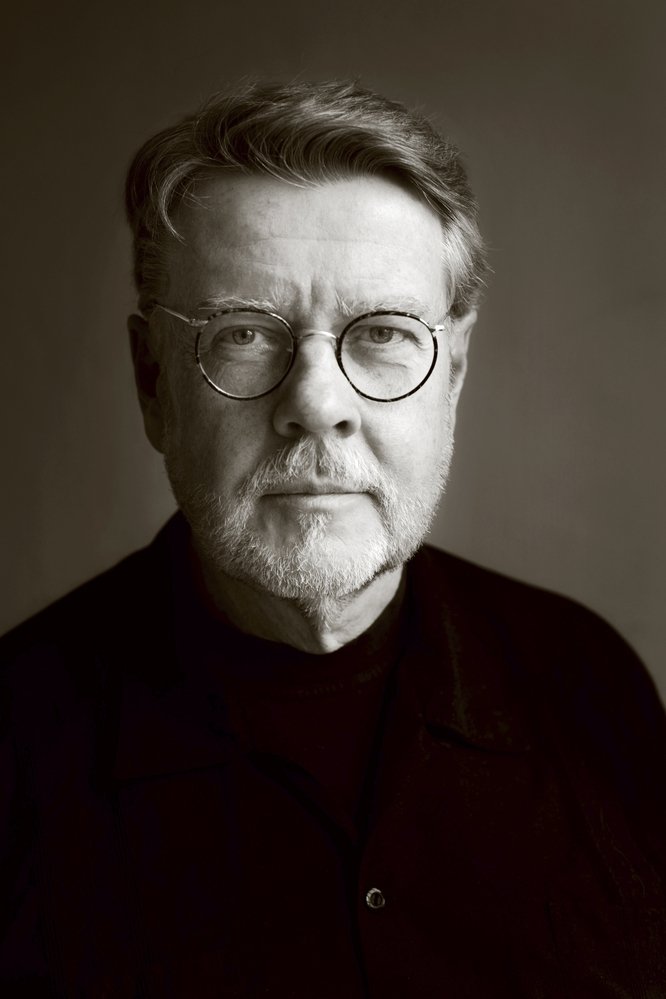
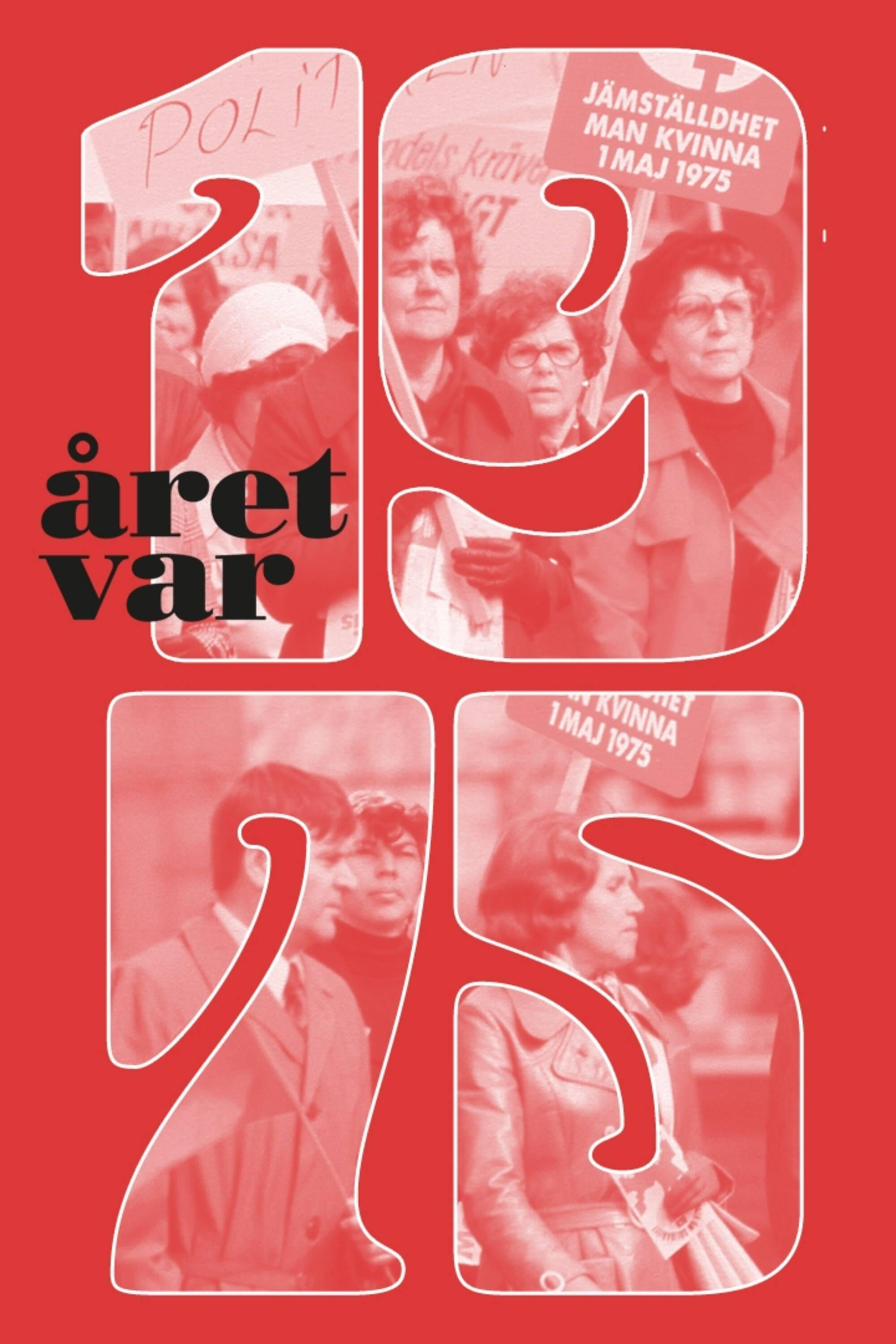
This is the year when the Vietnam War ends and terrorists take over the West German embassy in Stockholm. On TV, Staffan Westerberg's "Vilse i Pannkakan" coincides with Ingmar Bergman's "The Magic Flute". Despite the cold war, the USA and the Soviet Union take the opportunity to meet - in space! And Davis Cup tennis is played in Båstad. Sweden meets Chile and the police fear riots. This and much more in "The year was 1975" by Jonas Fohlin and Eva Tillberg.
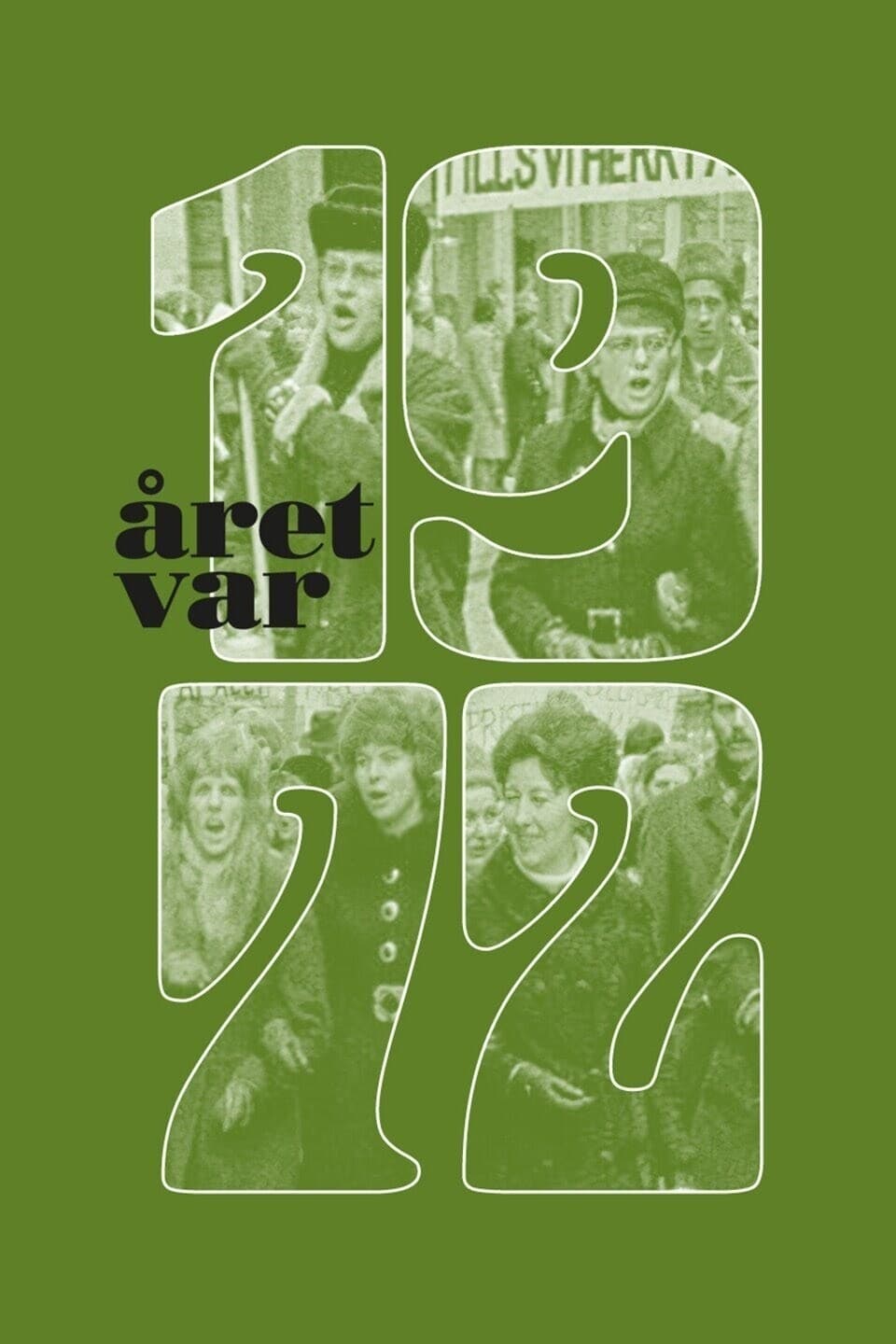
In 1972 the green wave sweeps over Sweden, guiding people back to nature away from the cities. Events range from escalated food prices in Skärholmen, the escape of fifteen prisoners from Kumlaanstalten, Sweden's first hijacking, and an Olympic year in Munich, marked by both Swedish success and tragedy with the attack on 11 Israeli athletes. The year also sees emigration to Australia, refugee intake from Idi Amin's Uganda, sports achievements, music releases, and daily life routines throughout various Swedish towns.
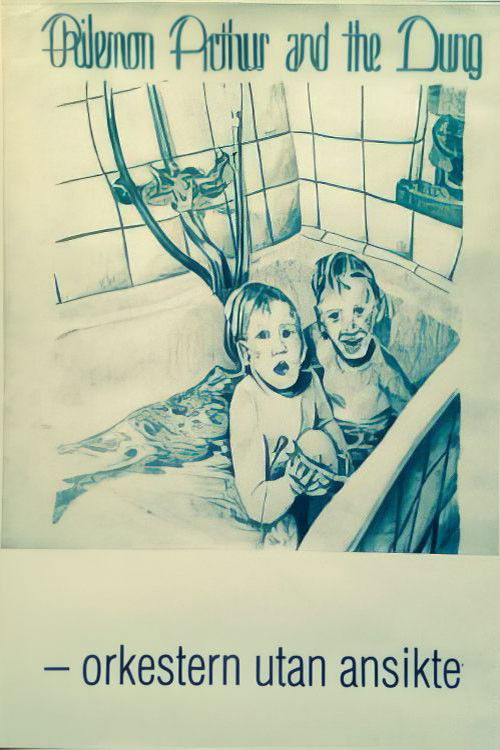
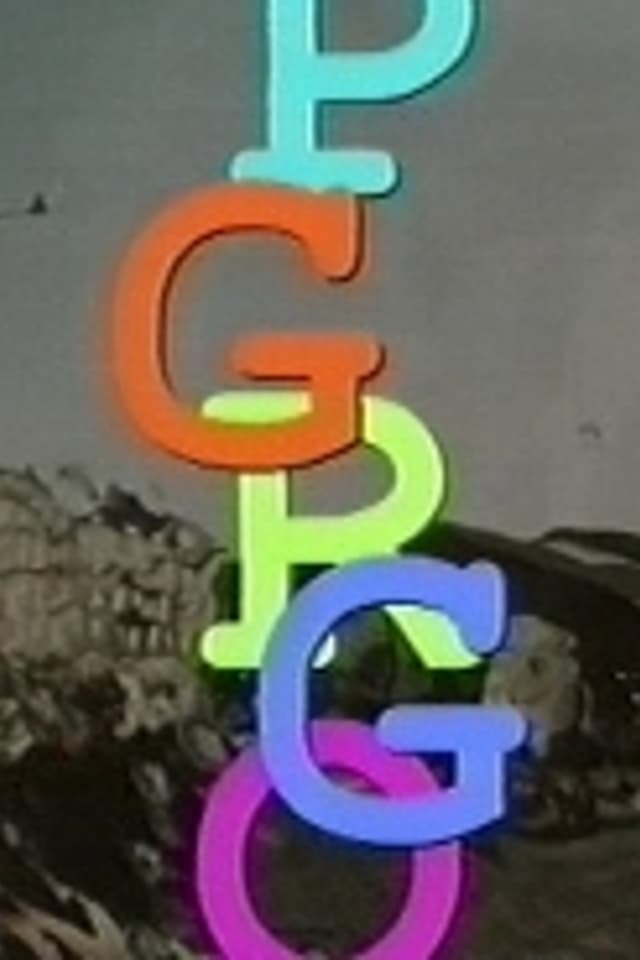
About Progg - progressive music in Sweden. "Everyone can play" was the slogan of the 70's music movement. But was everyone welcome to play? About capitalism, politics, equality between the sexes and hating ABBA.
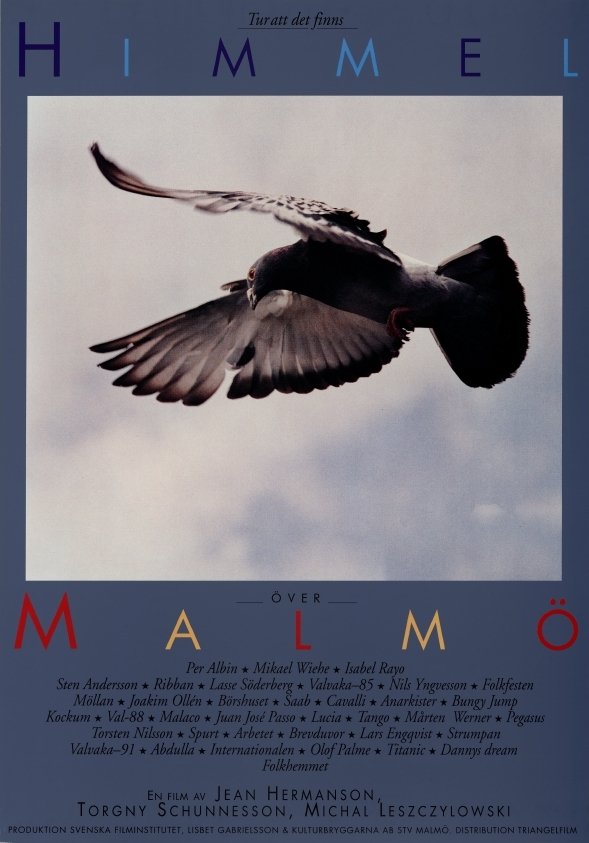
Documentary depicting the city of Malmö, its inhabitants, and their life from 1984 to 1994.
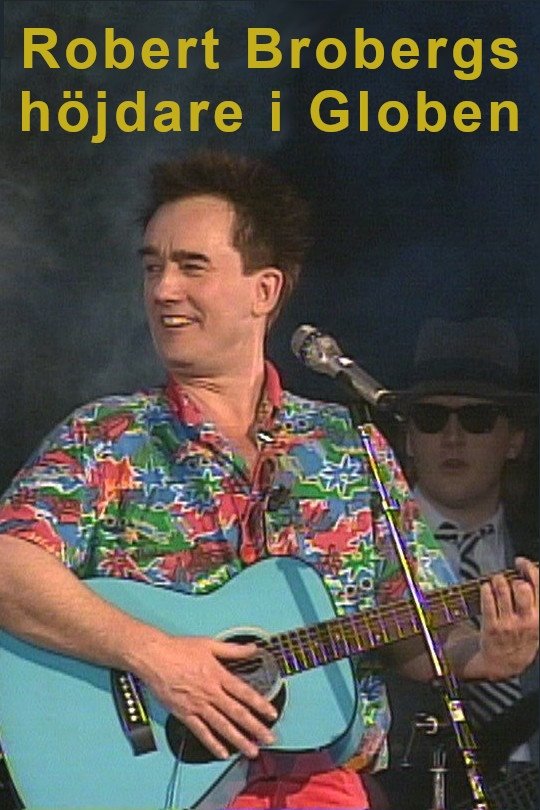
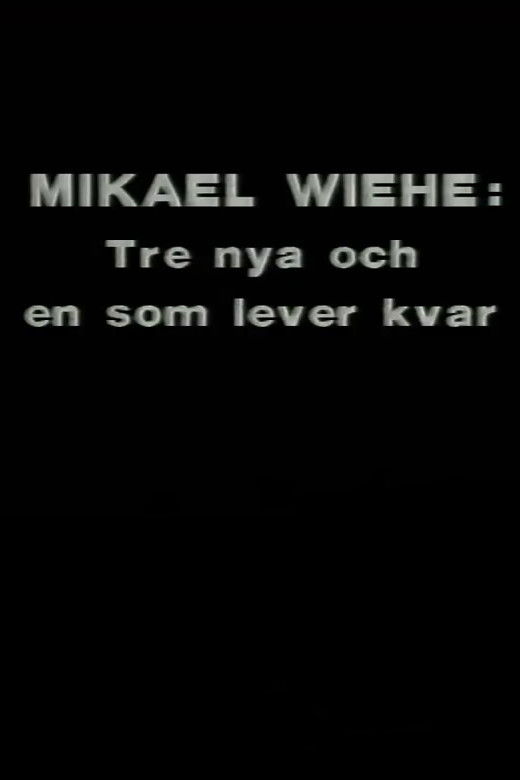
Performances and an interview with the musician Mikael Wiehe.
Mikael Wiehe is a Swedish singer, multi-instrumentalist and composer. As the main songwriter and driving force of Hoola Bandoola Band he was also one of the most important people in the progg movement.
By browsing this website, you accept our cookies policy.